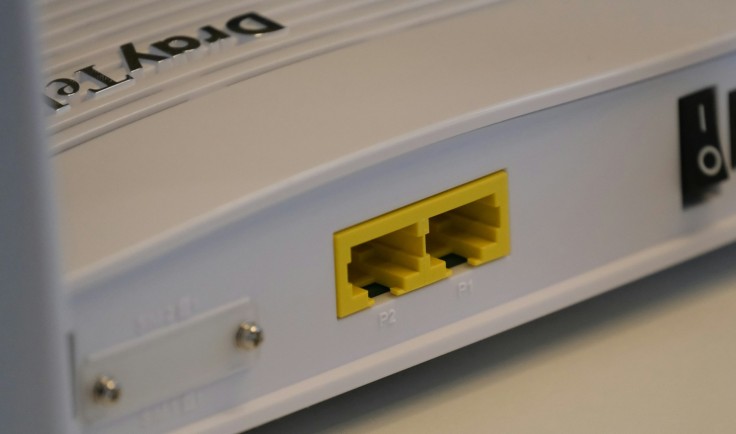The Federal Communication Commission has voted 3-2 to restore net neutrality in the country as it moves to regulate internet service providers from throttling connection speed.
The ruling, which was initially discontinued during former President Donald Trump's administration, would allow the commission to prevent unfair practices from ISPs via blocking, throttling, and paid prioritization.

FCC Chair Jessica Rosenworcel remarked that the revised ruling would be an improvement from its first version in 2015, giving the government more power to prevent and mitigate internet outages.
Rosenworcel's statement came after the massive AT&T service outage last Feb. 22, depriving people access to data connection, including emergency response services, for hours.
AT&T is estimated to provide data and mobile services to 241.5 million Americans.
FCC's Net Neutrality Rule Opens New Issues of Higher Internet Bills, Experts Claim
While the FCC touts the revised ruling as a step towards net neutrality, digital experts are more skeptical of the move.
Stanford professor Barbara van Schewick warned that the FCC ruling has several loopholes that could allow ISPs to still drive up prices of people's internet bills.
According to van Schewick, the ruling does not cover ISPs injecting additional prices on people's bills by promoting their so-called "fast lanes" for lesser traffic, faster 5G connection, and better gaming connection.
With more people now reliant on a data connection for their livelihood and education, the analyst expects that the FCC ruling would not provide much help in reducing people's bills.
Higher Internet Bills Remain a Problem
True price reductions in internet bills are important as the commission expects that millions of Americans may soon lose access to high-speed internet with subsidy funds running out fast.
The FCC has earlier announced that it would reduce internet service discounts for its Affordable Connectivity Program recipients to prepare people for its eventual closing.
The commission has already closed new registrations for the program since March.
As of writing, the proposed extended funding for the program is still under Congress' deliberation as pushbacks from lawmakers hinder the funding from being executed.
The FCC and White House have since rolled out rules, like the new internet bill "nutrition label," as temporary fixes to reduce costs for million of Americans.
Related Article : Internet Price Hikes Inevitable as Broadband Subsidy Runs Out, FCC Says









